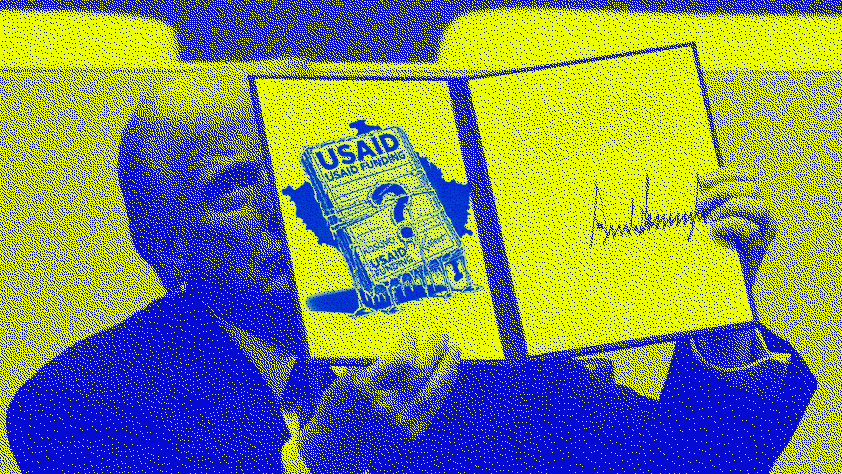
Trump and the 90-day wait
Kosovo grapples with suspension, reduction or freezing of U.S. aid.
While the world’s largest organizations and companies may have some flexibility to navigate this uncertain situation, the greatest risk falls on nongovernmental organizations in Kosovo.
These concerns are far from individual. Trump’s decisions have far-reaching collective implications.
This shift is not exclusive to the U.S. but is part of a larger ideological trend that has been gaining traction worldwide — marked by the resurgence of nationalist, isolationist and reactionary ideologies.
Authoritarian regimes in the region will likely gain strength, increasing pressure on Kosovo, both in terms of statehood and democratic development.
Democracy is Kosovo’s competitive advantage in an increasingly authoritarian region and world. This reality must be understood by everyone involved in governance, civil society, the media and the private sector.

Taulant Hoxha
Taulant Hoxha is a civil society activist and the executive director of KCSF. Experienced in both policy advocacy and civil society mobilization, his professional interests are focused on civic space, policy-making, civil society support and non-profit management. He is a graduated political scientist and a fellow of City University of New York.
DISCLAIMERThe views of the writer do not necessarily reflect the views of Kosovo 2.0.
This story was originally written in Albanian.